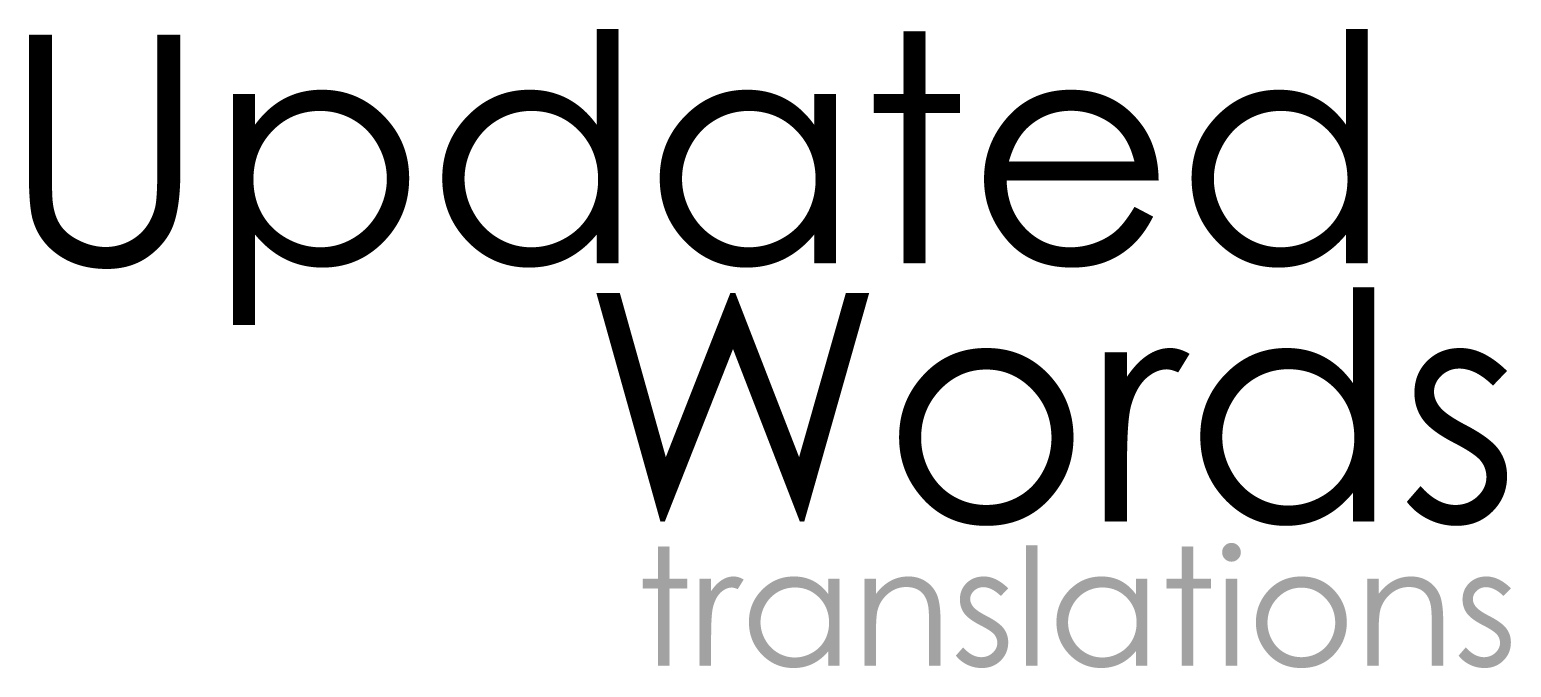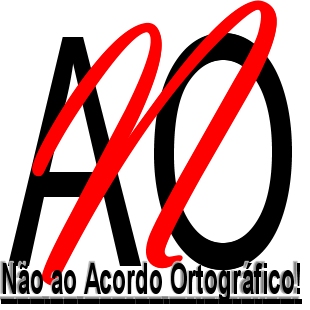Last week, the signatures collected as part of a Legislative Initiative by Portuguese Citizens, in order to remove the AO90 (Orthographic Agreement of the Portuguese Language 1990) were tendered in the Portuguese Parliament. Less than 24 hours later, this Legislative Initiative was made into a Project Law. It went from Citizen’s Legislative Initiative – AO90 (ILC-AO90) to Project Law 1195 of the 13th Legislature (Projecto Lei 1195 da XIII Legislatura).
It was a small step forward for this campaign. It has been years of collecting signatures and reaching out Portuguese citizens all around the world and make our voices heard. A group of volunteers, who set up the website and social media pages and started spreading the word. It wasn’t just translators, interpreters or writers joining us, but thousands of citizens from all walks of life. People who saw the damage this document has done to the Portuguese language and to its culture. To the children, that have been forced to learn according to a set of rules that don’t make any sense, nor they favour their language or culture. There was nothing positive about this document from the start, and even the claim it would unite the language failed, as all this document created was more and more division, confusion and misconceptions of all kinds. The Portuguese Language was turned into linguistic anarchy, where no one knew exactly how to write or read, where things became confusing and even the Portuguese Government had trouble applying it. Almost every day, another page of the Diary of the Portuguese Republic would be published with a mish-mash of old and new rules. It has been a very sad thing to see.
This was indeed a small victory. We signed the papers, they were tendered in the Portuguese Parliament and already made into a Project Law. It’s another chapter of this campaign. According to the ILC-AO90 official page, a sample of about 10% will be taken to have the signatures recognised by a Notary. If all comply, then the Initiative would be validated. This process is expected to take about 2 weeks. Then it will continue to move forward until final approval in the Portuguese Parliament.
However, the battle is not over. There might be signatures that are not approved and, of course, there will always be some opposition from those who still believe it was a good idea. So, this is far from over, we just moved another step in the right direction.
It is important now that we talk about this. It is important that we keep asking people for their signatures because if they don’t accept some, we need more. It is important we inform these new participants of all the requirements for their signatures to be valid, so their participation is not in vain. Most importantly, it is very important that we write about it and keep this issue alive in people’s minds. Talk to parliamentary groups in order to explain our reasons for this and win their support and votes. This may be a final step but by far the hardest one. But we all need to keep focused and together, in order to achieve our main goal, have order restored to our language.
I would like to personally thank all the volunteers that made all this possible. Their work and commitment have been incredible and without them, we wouldn’t be celebrating this small victory today. I would also like to thank all other participants like me, who signed this Initiative and made their voices heard. Thank you very much.
Now we need to work even harder to get this Project Law made into Law and see our language return to what it was, allowing it to evolve in a natural way, like all other languages in the world do.
Cátia

